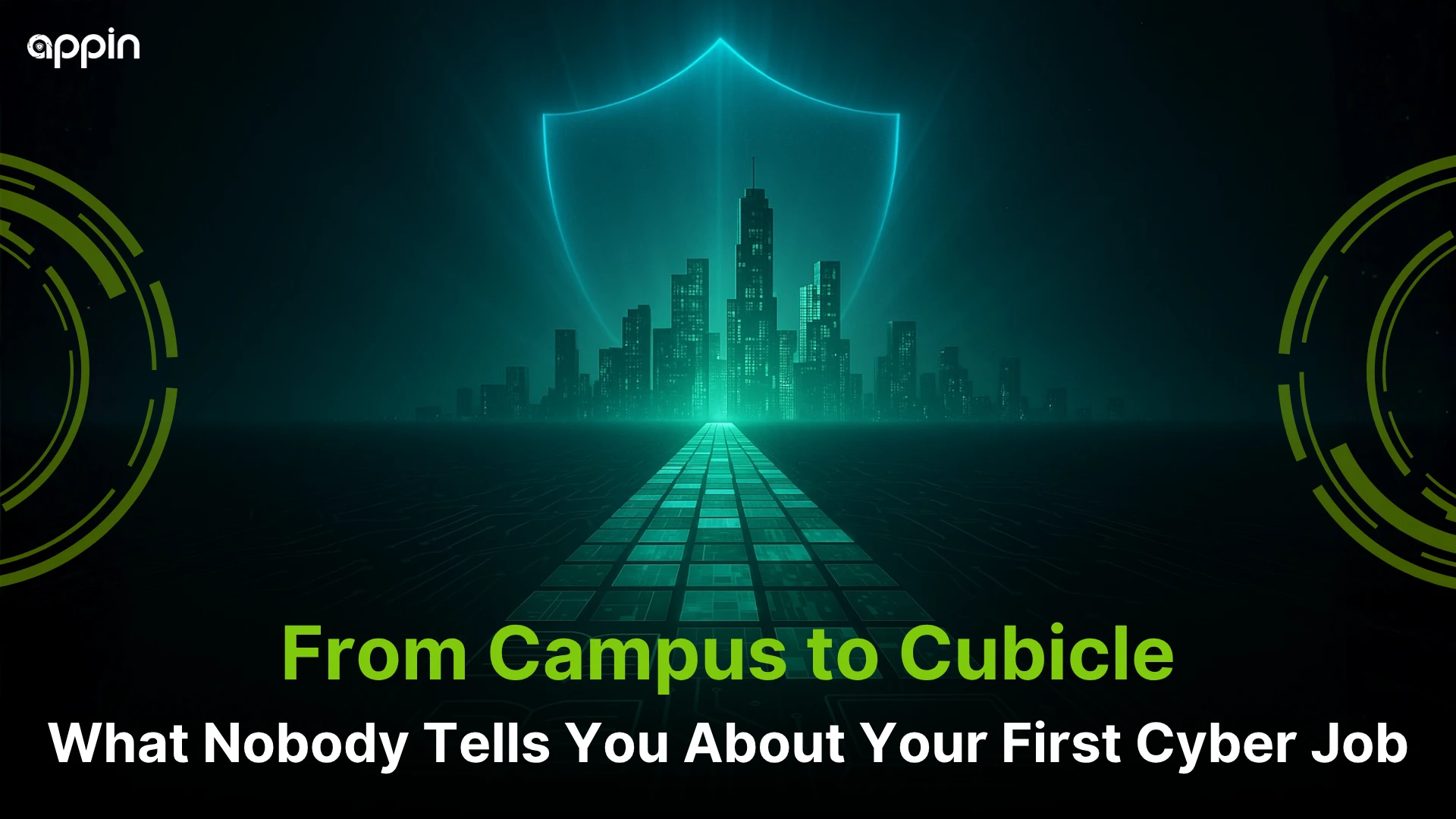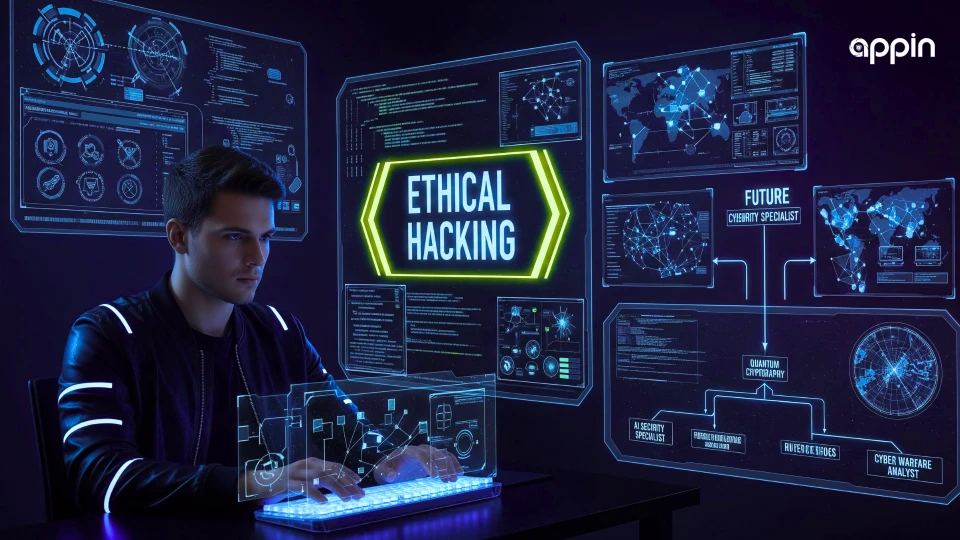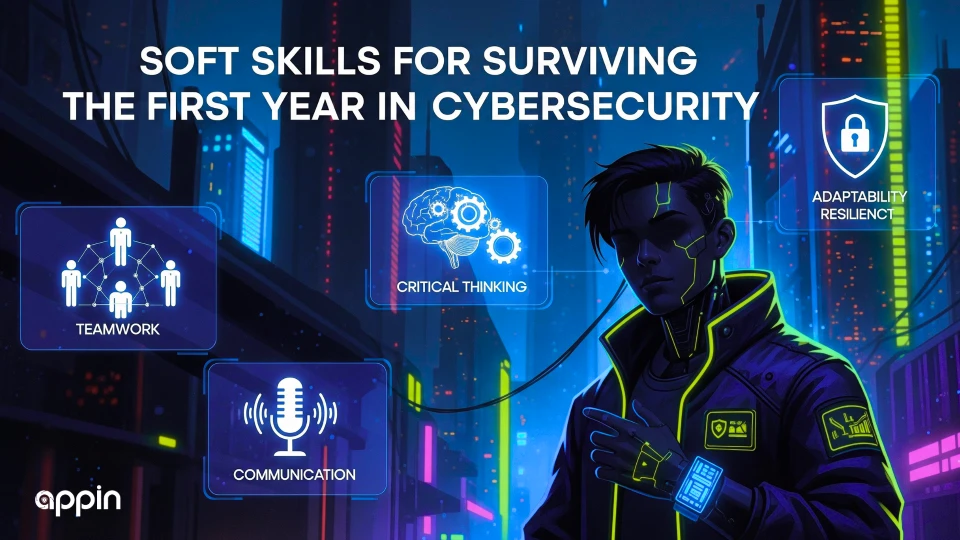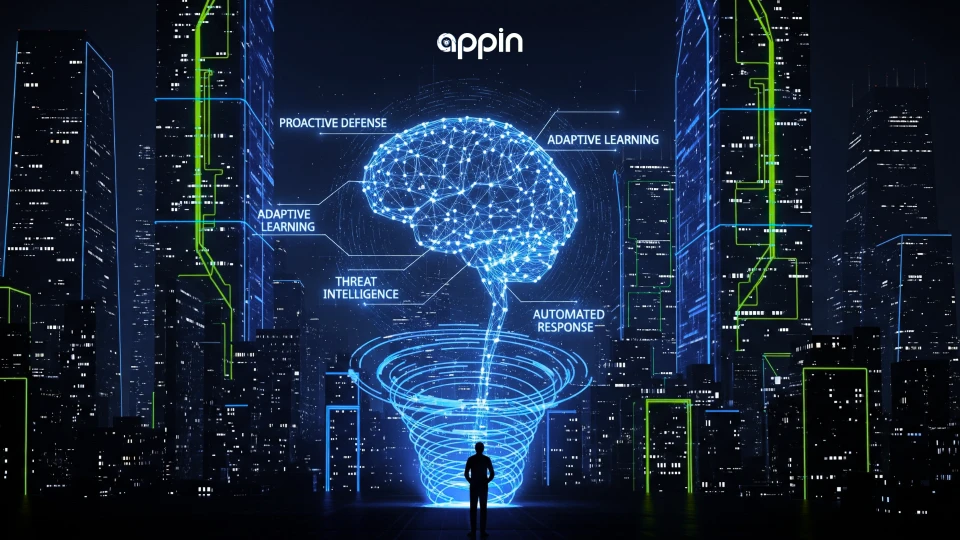Why is your first cybersecurity job so different from what you learn in training?
Your first cybersecurity job will be nothing like your classroom or certification experience. What you study in training focuses on structured concepts, but the workplace introduces you to unpredictable threats, real clients, and complex systems that never behave like lab setups.
This shift challenges not only your technical knowledge but also your teamwork, communication, and problem-solving abilities. You’ll realize that cybersecurity is less about individual hacking and more about collective defense.
This blog shares what to truly expect in your first cyber job, from daily responsibilities to the mindset that helps you grow faster. so you’re prepared, not surprised.
What surprises most students in their first cybersecurity job?
The biggest surprise is that practical learning in cybersecurity starts only after you’re hired.
Training teaches you methods, but every network, incident, and organization follows different security patterns. You’ll face unexpected challenges that no textbook prepares you for, like handling false alerts, managing live data, and balancing priorities under pressure.
Most beginners also discover that cybersecurity involves more teamwork and communication than expected. You’ll often work with developers, IT support, and management to coordinate preventive actions instead of attacking systems.
A few early lessons you’ll learn quickly:
- Real threats rarely follow your lab scenarios.
- Documentation is just as important as detection.
- Preventing attacks saves more value than finding them.
The best professionals treat every incident as a lesson, turning each mistake into practical growth.
What kind of work does a cybersecurity fresher actually do?
Freshers usually start with monitoring, reporting, and assisting senior analysts in identifying threats and maintaining system security.
Your first cybersecurity job is less about performing deep hacking and more about observing, analyzing, and learning.
Most beginners start as:
- SOC Analyst: Monitoring security alerts and network traffic.
- Junior Pen Tester: Assisting in vulnerability scanning and report generation.
- Security Support Engineer: Handling tickets and coordinating incident responses.
Typical daily tasks include:
- Checking system logs and verifying alerts.
- Running vulnerability scans and documenting results.
- Supporting patch updates and system hardening.
This hands-on exposure builds a foundation for specialized roles later. The more you understand how corporate systems behave, the better you’ll perform in advanced roles like Penetration Tester or Incident Responder.
Why is communication as important as technical skills?
Communication is critical in cybersecurity because you must explain threats clearly to both technical and non-technical teams.
You’ll collaborate with IT, management, and clients who often don’t understand cybersecurity jargon. Your ability to present findings simply can decide how effectively your recommendations are implemented.
Strong communication helps you:
- Translate complex security terms into business language.
- Build trust with senior teams and clients.
- Ensure faster action on identified risks.
For example, instead of saying, “The IDS detected an injection attempt,” you’ll explain, “A hacker tried to manipulate our data system, but it was blocked.”
Clear communication builds credibility early in your career and makes you stand out as a dependable team member.
How different are real-world threats from what you study?
Real-world cyberattacks are unpredictable, combining multiple tactics that evolve faster than any training material.
In your job, you’ll face phishing campaigns, insider threats, and complex ransomware that adapt daily. Unlike controlled classroom exercises, actual breaches demand instant action and collaboration.
You’ll rely on advanced cybersecurity tools like SIEM (Security Information and Event Management), IDS/IPS (Intrusion Detection and Prevention Systems), and EDR (Endpoint Detection and Response). These tools automate threat detection and help analyze live attack behavior.
Learning to adapt is key. Every new case teaches you how attackers think differently. The faster you connect theory to practical action, the stronger your skills become.
What soft skills help you survive your first year?
Patience, adaptability, and curiosity are the most valuable soft skills for cybersecurity beginners.
You’ll face challenges daily, missed alerts, false positives, and systems you can’t fully control. The key is not perfection, but persistence.
Some essential soft skills to develop include:
- Patience: Investigations take time; not every alert is real.
- Adaptability: Cyber tools and tactics change frequently.
- Curiosity: Always ask “why” something happened; it builds deep understanding.
Cybersecurity is a career of constant learning. Treat mistakes as feedback, not failure. The more you learn from others, the faster you’ll grow.
How can certifications like CEH v13 or Bug Bounty help you stand out?
Certifications show that you’re serious about your career and ready to apply practical cybersecurity skills from day one.
Courses like CEH v13 AI and Bug Bounty programs bridge the gap between academic learning and hands-on security experience. They expose you to real-world hacking environments and tools used by professionals.
Employers value certified candidates because they:
- Have proven technical understanding.
- Can handle security assessments confidently.
- Show commitment to continuous learning.
These credentials also help you transition faster into roles that require advanced skills, like penetration testing or vulnerability analysis.
What mindset helps you grow faster in cybersecurity?
A growth mindset focused on learning, consistency, and collaboration helps you build a lasting cybersecurity career.
Your early roles may feel repetitive, but each task teaches you a new layer of system behavior. Treat every alert or investigation as an opportunity to understand patterns and prevention.
Keep the “student” mindset alive, cybersecurity evolves daily. Professionals who stay curious, experiment with new tools, and collaborate with peers rise faster.
Success in cybersecurity isn’t about knowing everything, but about continuously learning, adapting, and sharing knowledge with others.
What should you remember before starting your first cybersecurity job?
Your first cybersecurity job is where theory meets reality, and every challenge becomes a lesson in growth.
The shift from campus to cubicle may feel overwhelming at first, but it’s also the best learning stage of your career. Stay curious, build consistency, and continue learning through advanced certifications.
If you’re preparing for your first cybersecurity job, Appin’s programs like CEH v13 AI and Bug Bounty Diploma can help you step in with confidence.
Enquire now to start your journey with Appin and build a career that protects the digital world.





